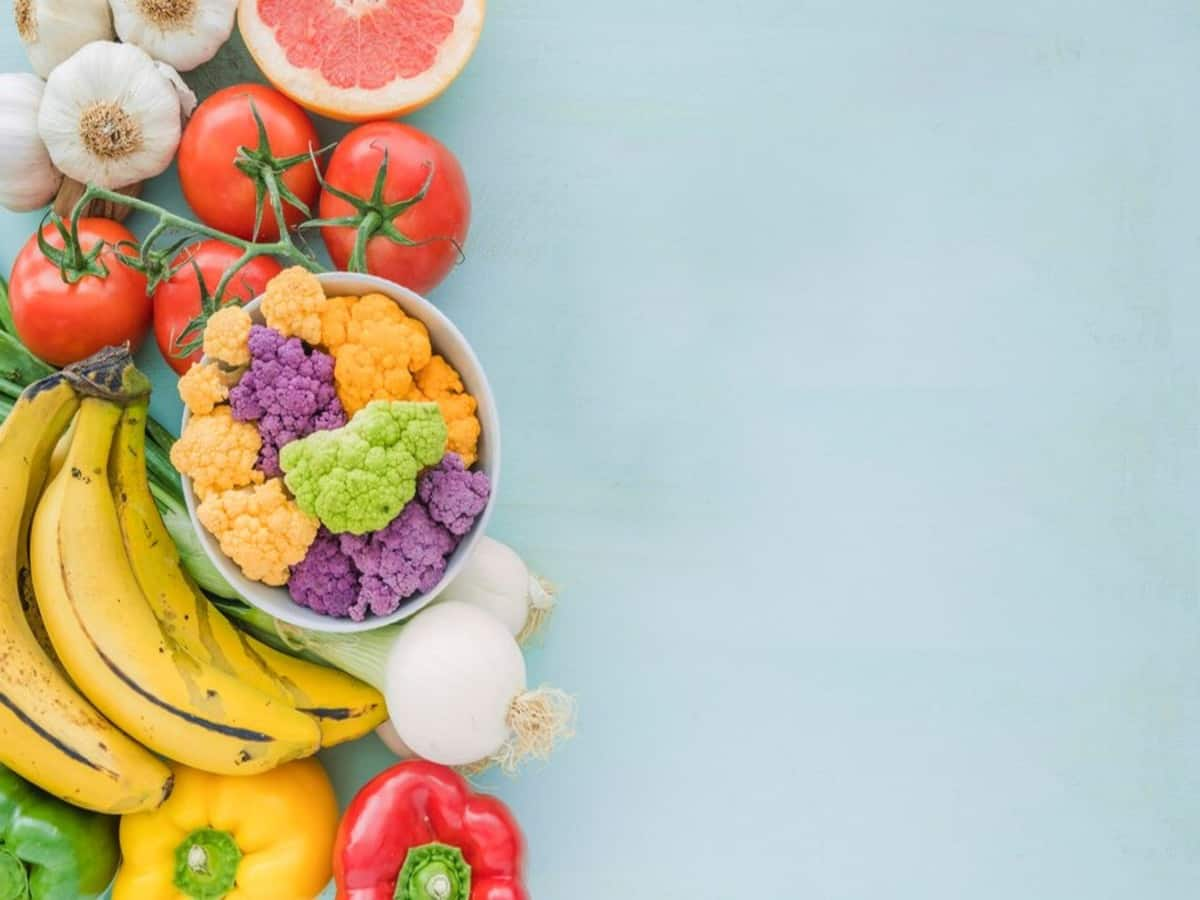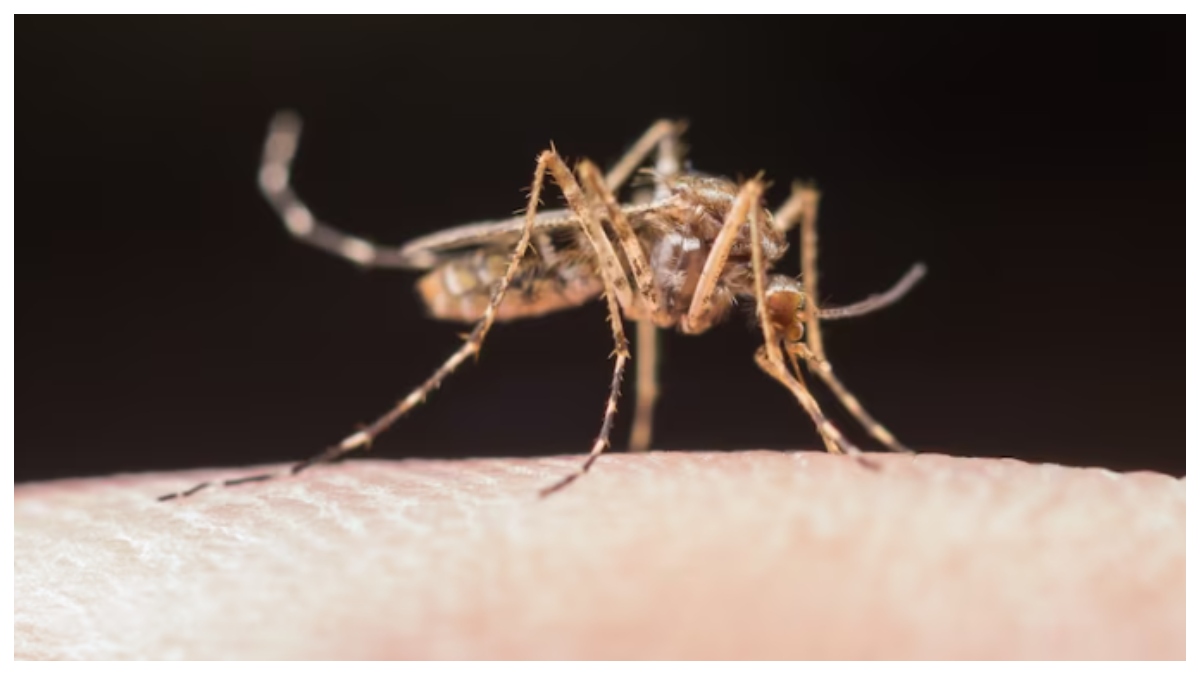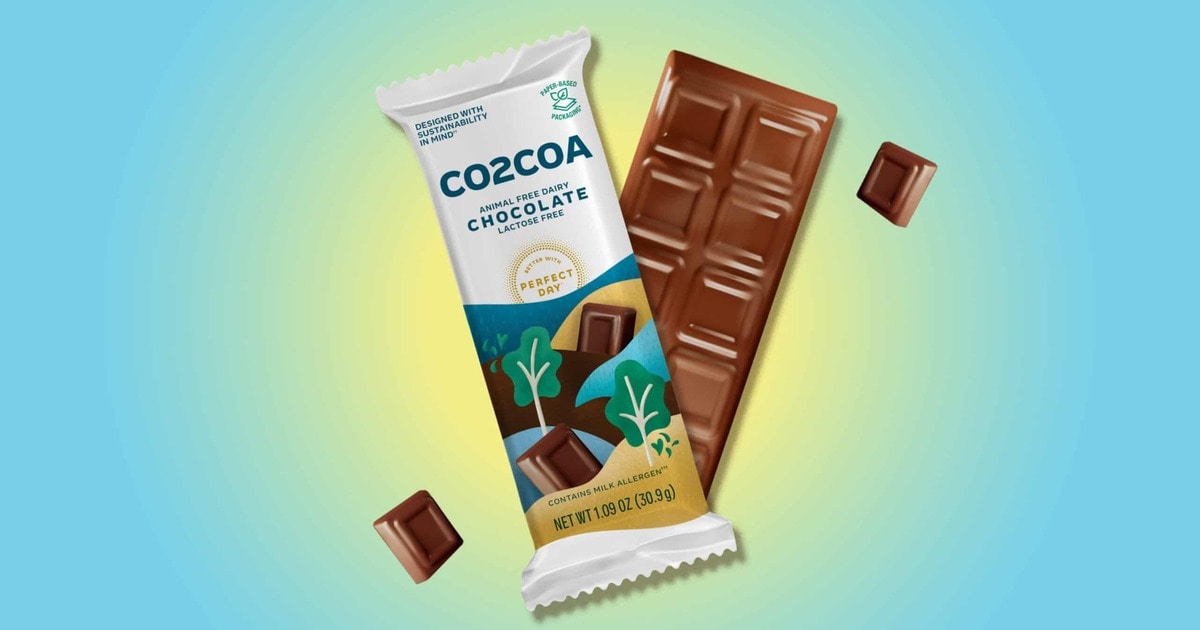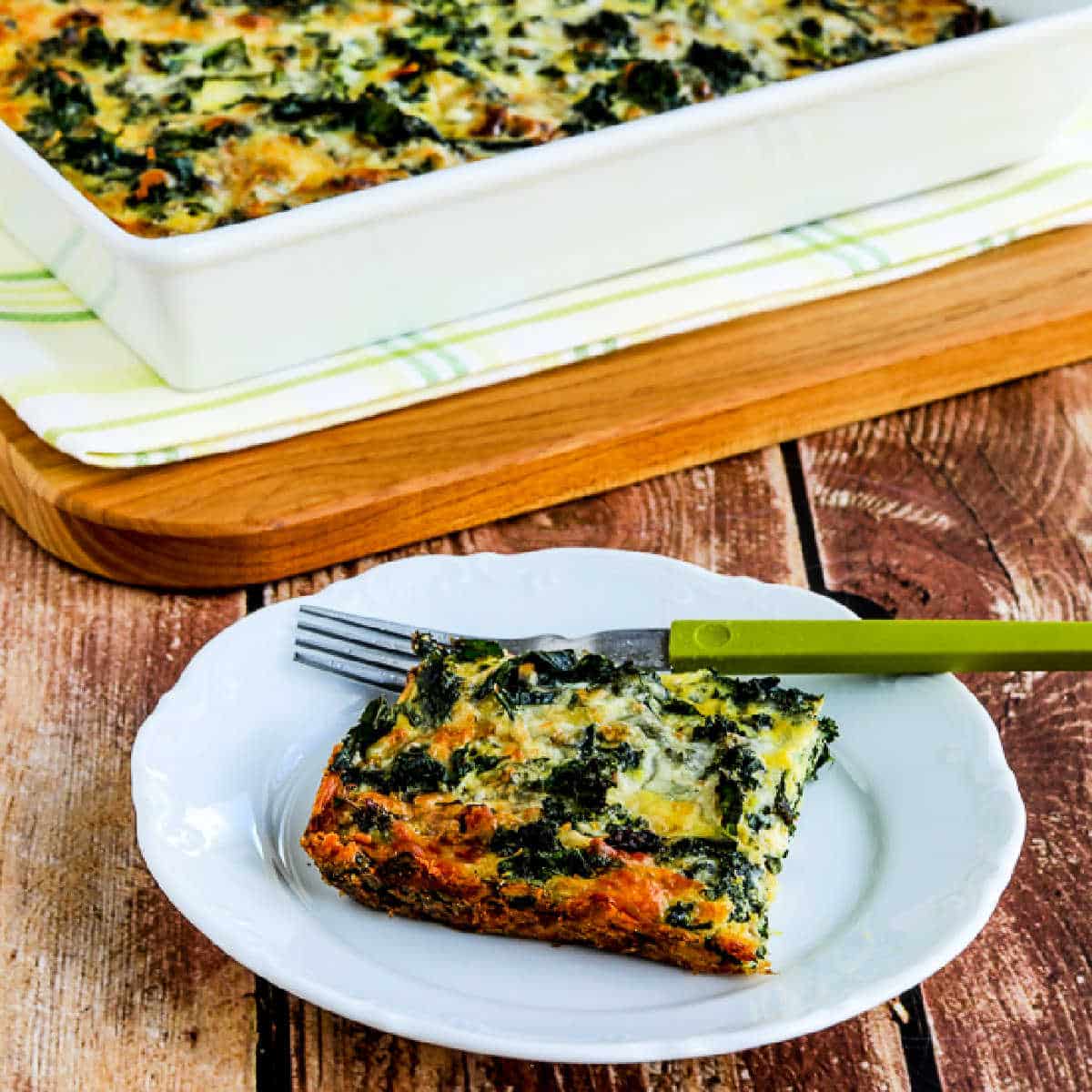By Dr. Jagmeet Madan
Diabetes is one of the top 10 causes of mortality today. It has now reached epidemic proportions in developing economies including India and a study projected that the estimated prevalence would reach 101 million in 2021. The classification of diabetes has evolved, where Type 1 and Type 2 are its main subtypes.Multiple factors often contribute to its pathophysiology and impair the insulin secretion- insulin action feedback loops. This results in abnormally high blood glucose levels, ultimately leading to a weakened metabolic state.

Poor lifestyle and dietary choices are the key modifiable risk factors for diabetes. In most cases, calorie restriction and regular exercise lead to better patient outcomes. Macronutrients are integral nutritional components of food. The effect of quality and quantity of macronutrients consumed on glycemic factors has been extensively studied, as discussed below.
A typical Indian meal is rich in highly processed food like refined carbohydrates which triggers surges in blood sugar and triglycerides levels. Additionally, the Indians are often genetically more predisposed to insulin resistance, making them prone to post-prandial hyperglycemia. The sudden blood sugar and triglycerides rise, activate a cascade of atherogenic disturbances such as inflammation, mediated by an increase in systemic oxidant stress, increasing the risk for CV events. Increasing the intake of minimally processed, high-fiber, plant-based foods are an effective dietary way to improve post-prandial blood glucose levels.
Chronic insulin resistance can be a direct or indirect consequence of inflammation.Much of this inflammation may be diet-induced, brought about by certain fatty acids. Fatty acids affect insulin response based on their biochemical classification. Saturated fatty acids and omega-6 fatty acids are notably recognized as pro-inflammatory molecules. Data from few studies have shown the association between higher trans-fat consumption and the risk of developing type 2 diabetes.
Another dietary factor aggravating low-grade inflammation is excess sugar.While Indians inherently have a sweet tooth, sugar consumption (particularly sugary beverages) has been steadily rising in India.In addition to chronic low-grade inflammation, sugar increases the glycemic load, stimulates hunger, and contributes to weight gain, all of which collectively elevate the risk of diabetes.
The link between excess body weight and Type 2 diabetes cannot be overstated. Weight gain is a result of a chronic imbalance between calorie intake and expenditure.This triggers low-grade inflammation in the long run via the accumulation of pro-inflammatory macrophages in the adipose tissue, eventually disturbing the glucose-insulin control. These events can lead to the onset of diabetes and a host of other metabolic disorders.
Calorie and sugar intake restriction has been widely recommended to address obesity and its comorbid conditions. Replacement of sugar with non-nutritive sweeteners (NNS) within the acceptable daily intake (ADI) which varies for adults as per their body weight, can be one such approach, which elicits a sweet taste without adding calories to the final product. Some evidence has shown that sugar when replaced with NNS may support weight loss when used alongside lifestyle modifications.
Thus, given the concerning rise in diabetes, adopting a health-conscious lifestyle becomes crucial. This entails embracing a well-balanced diet that incorporates good quantity of dietary fiber through seasonal, coloured vegetables (half the plate), good quality protein (one quarter of the plate), and whole grains (one quarter of the plate) interspersed with two handful of nuts, a colourful or citrus fruit coupled with consistent regular physical activity is the recipe for successful prevention and management of diabetes. Additionally, maintaining a lean and healthy body through resistance exercises is incredibly important.
(The author is a Principal, Director Research Consultancy and Collaboration Center, SVT College SNDTWU, Mumbai. Views expressed are personal and do not reflect the official position or policy of the FinancialExpress.com.)







































